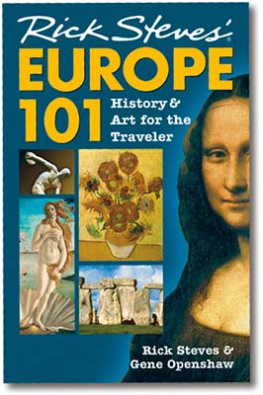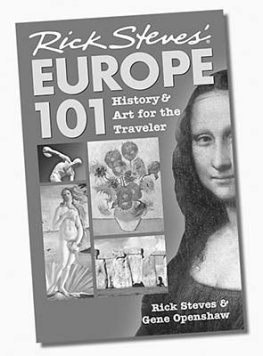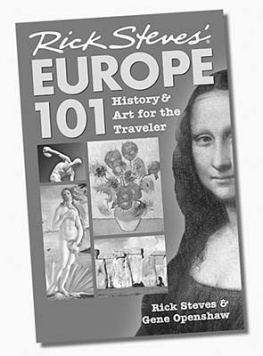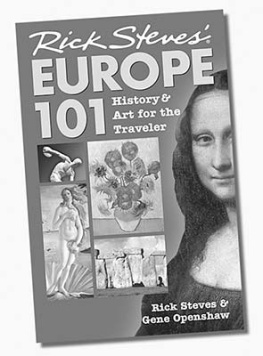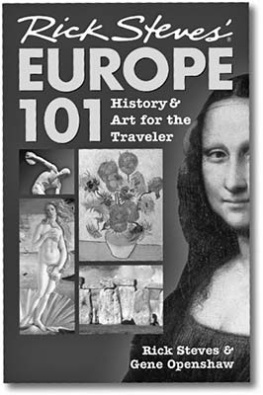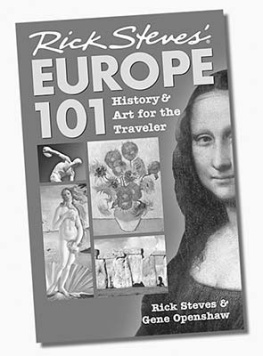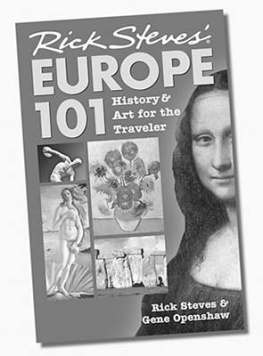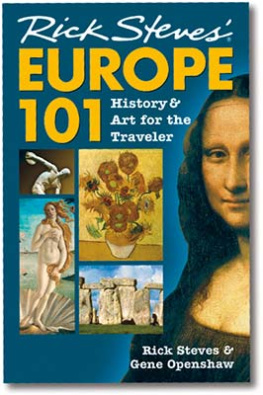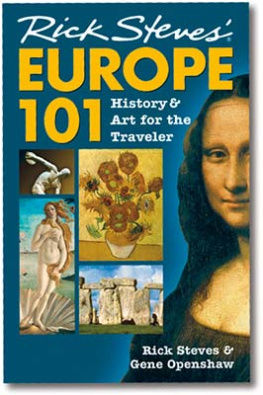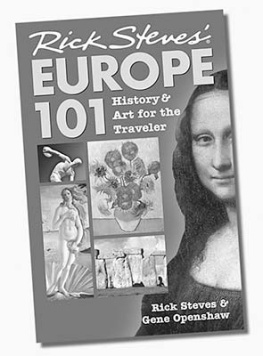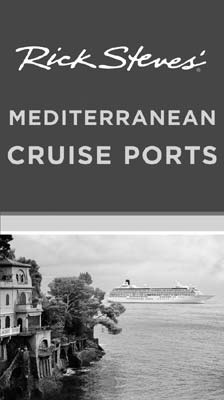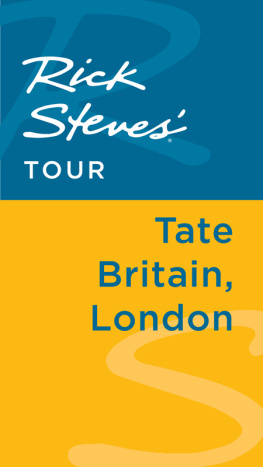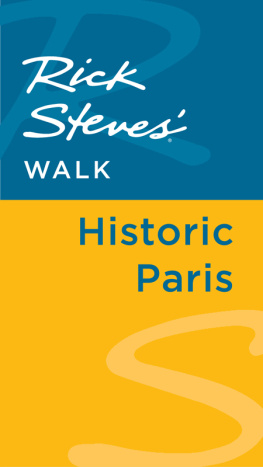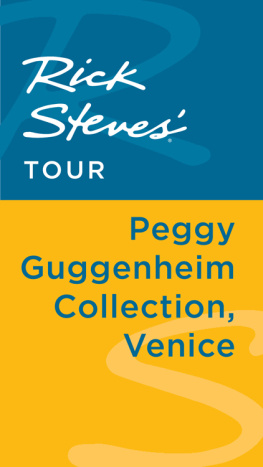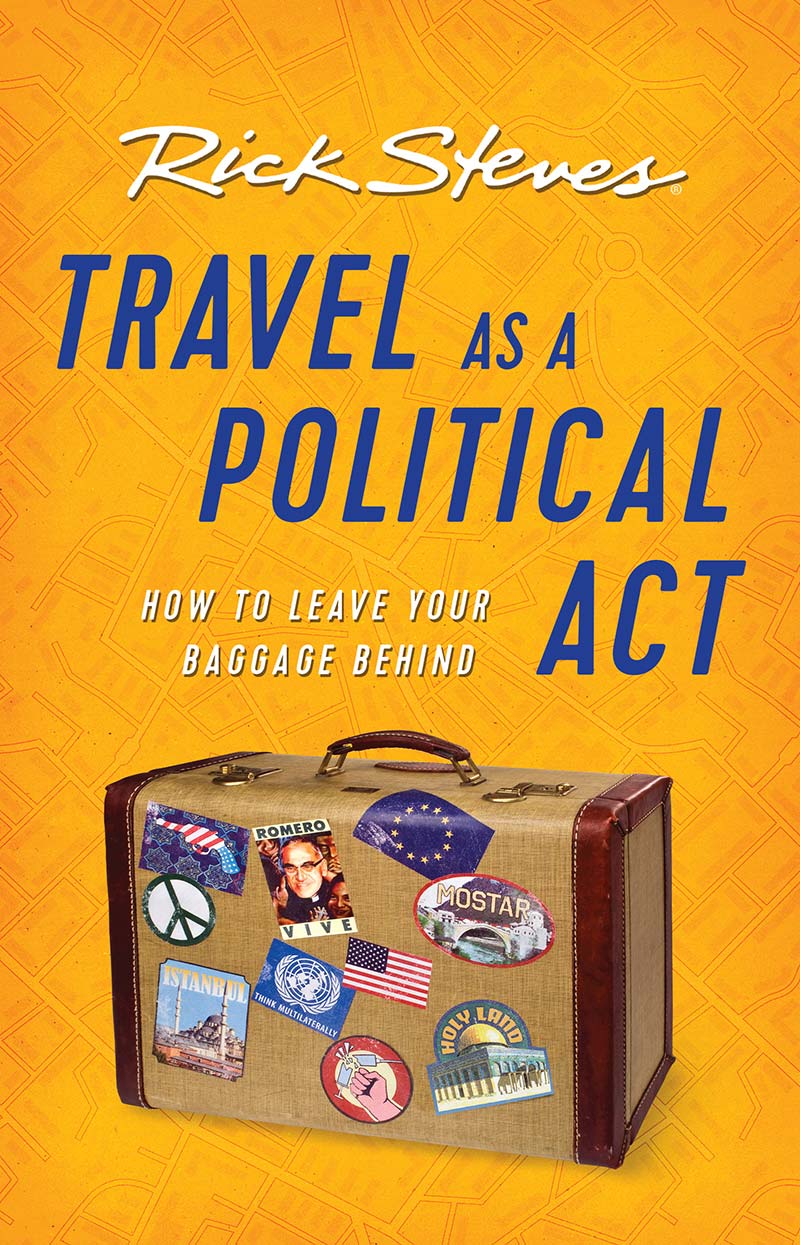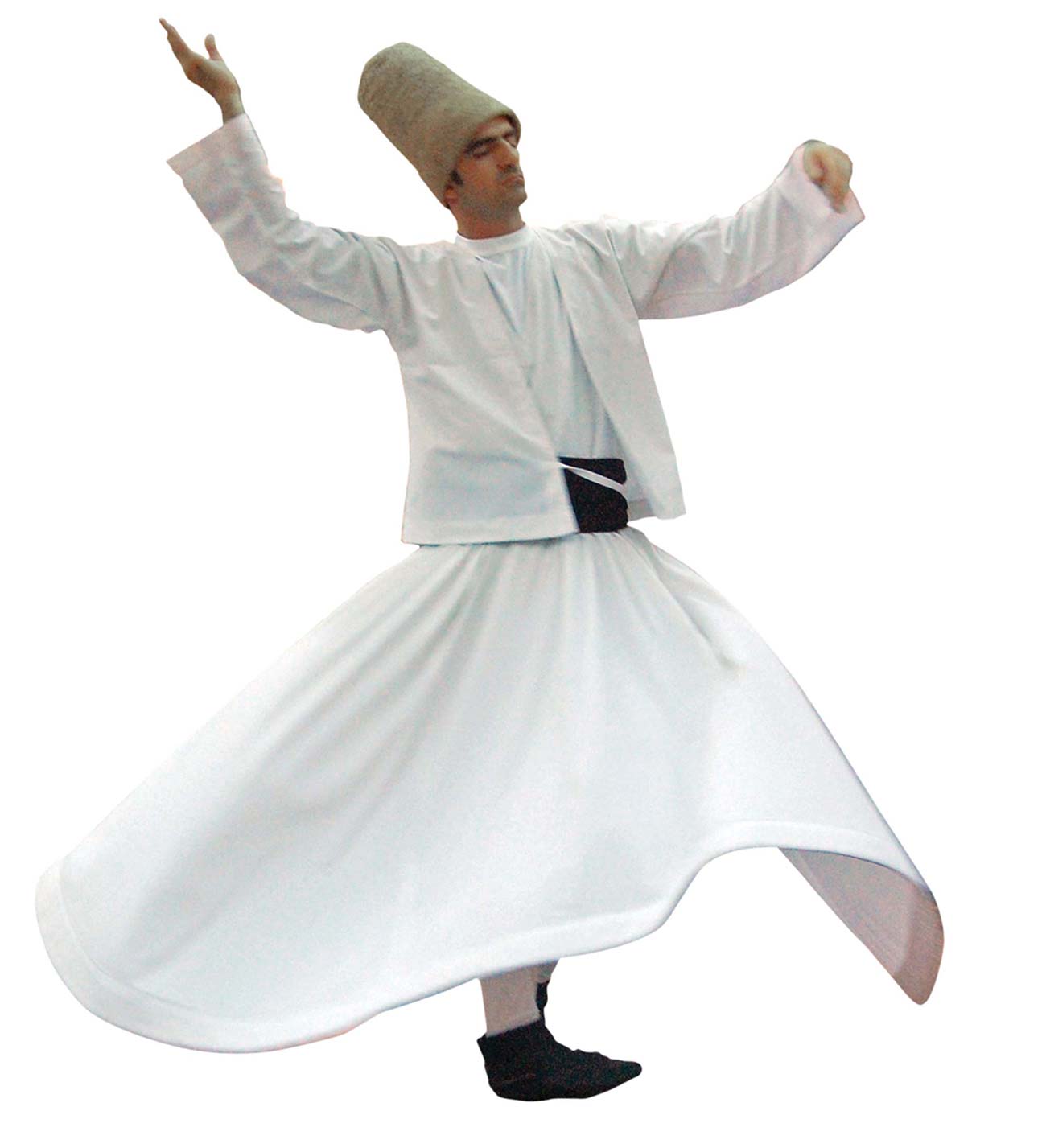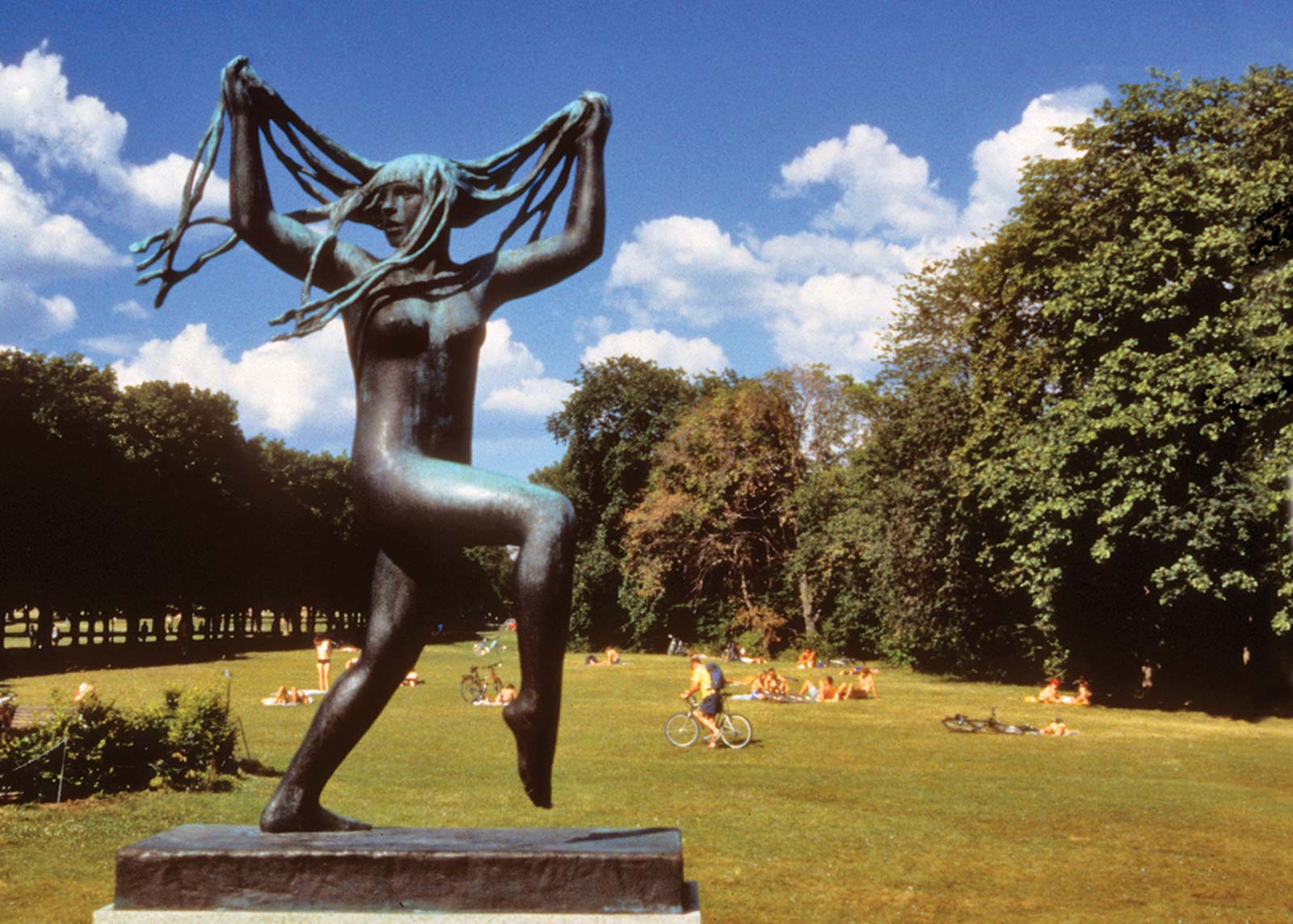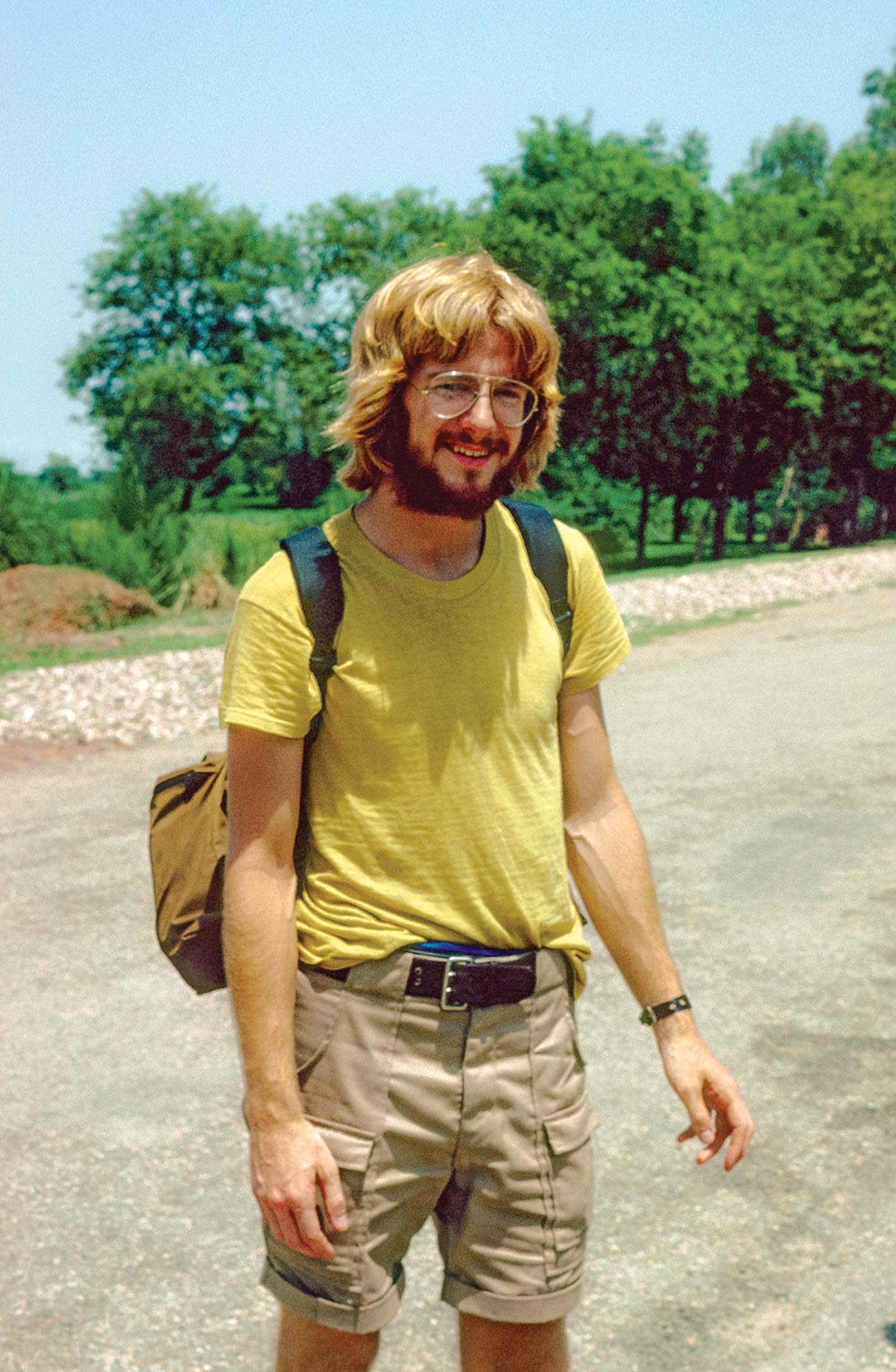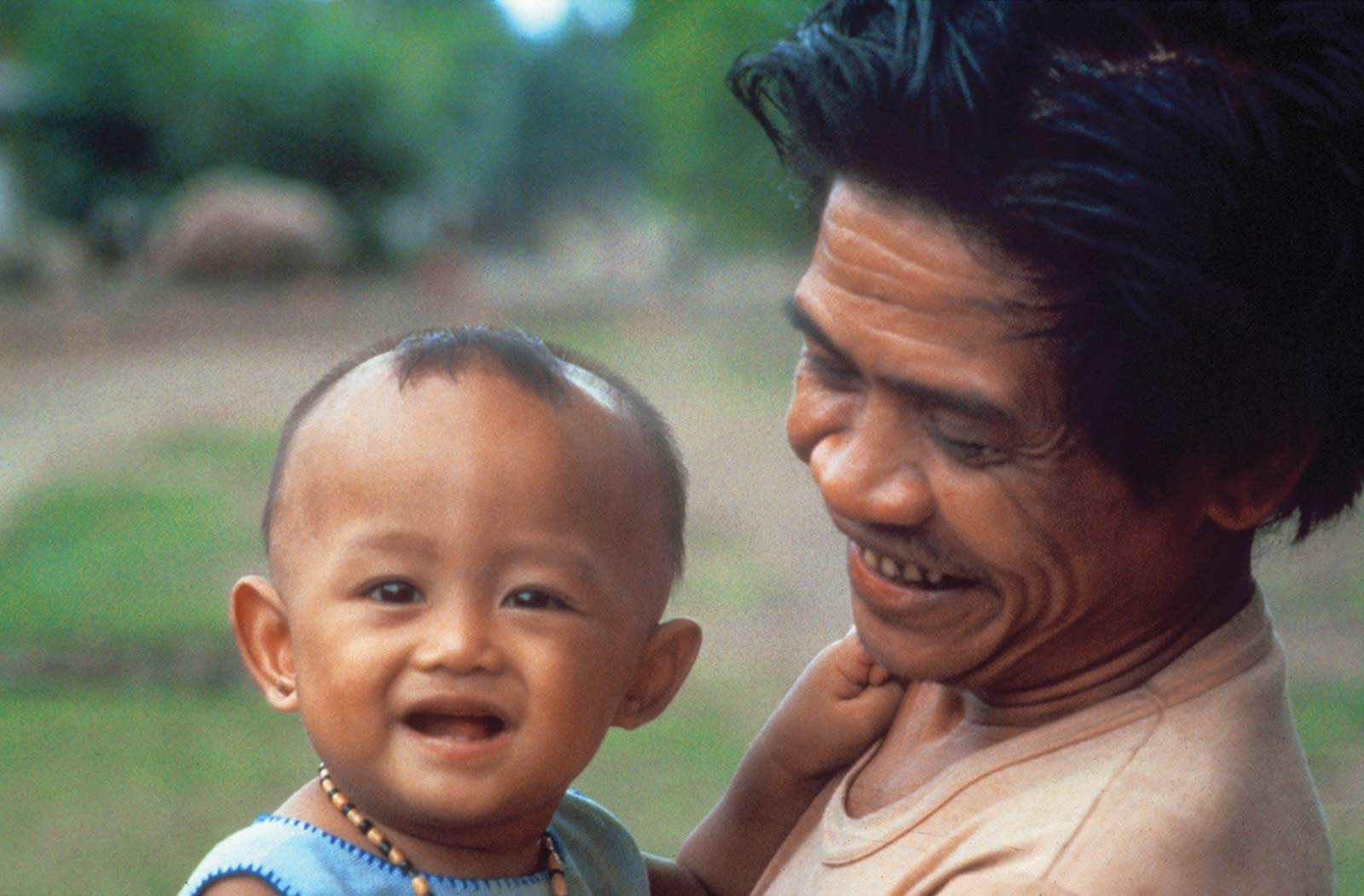Contents
Contents
Rick Steves
TRAVEL AS A POLITICAL ACT
On a visit to Turkey, I met a dervish. Dervisheswho are sort of like Muslim monksfollow Rumi, a mystic poet and philosopher of divine love. (I like to think Rumi and St. Francis, who both extolled the virtues of simplicity, would hit it off well.) Theyre called whirling dervishes because they spin in a circle as they pray. The dervish allowed me to observe his ritual on the condition that I understood what it meant to him.
The dervish led me to his flat rooftopa peaceful oasis in the noisy city of Konyawhere he prayed five times a day. With the sun heavy and red on the horizon, he explained, When we pray, we keep one foot in our community, anchored in our home. The other foot steps around and around, acknowledging the beautiful variety of Gods creationtouching all corners of this great world. I raise one hand up to acknowledge the love of God, and the other hand goes down like the spout of a teapot. As I spin around, my hand above receives the love from our Creator, and my hand below showers it onto all of his creation.
As the dervish whirled and whirled, he settled into a meditative trance. And so did I. Watching his robe billow out and his head tilt over, I saw a conduit of love acknowledging the greatness of God. This man was so different from me, yet very much the same. This chance interaction left me with a renewed appreciation of the rich diversity of humanityas well as its fundamental oneness.
Experiences like this one can be any trips most treasured souvenir. When we return home, we can put what weve learnedour newly acquired broader perspectiveto work as citizens of a great nation confronted with unprecedented challenges. And when we do that, we make travel a political act.
I enjoyed perhaps my most profound travel experience ever on my first trip overseas. I was a 14-year-old with my parents, visiting relatives in Norway. We were in Oslos vast Frogner Parkwhich, then as now, is filled with Gustav Vigelands great stony statues of humans of all ages, shapes, and sizes.
Immersed in this grand, chiseled celebration of family and humanity, I gained a new insight into my little world. I noticed how much my parents were loving me. Their world revolved around me. They would do anything to make me happy and help me enjoy a fulfilling life. At great expense to their meager family budget, they were making it possible for me to travel. Then I remember looking out over that park. It was speckledlike a Monet paintingwith countless other parentsall lavishing love on their children. Right there, my 14-year-old egocentric worldview took a huge hit. I thought, Wow, those parents love their kids as much as my parents love me. This planet must be home to billions of equally lovable children of God. Ive carried that understanding with me in my travels ever since.
On that same 1969 trip, I sat on the carpet with Norwegian cousins, watching the Apollo moon landing. As Neil Armstrong took that first step on the moon, my relatives heard his famous sentence translated into Norwegian: Ett lite skritt for et menneske, ett stort sprang for menneskeheten. Sharing the excitement of everyone in that room, I realized that while this was an American triumph, it was also a human oneone giant leap for mankind indeedand the entire planet was celebrating.
As an idealistic young adult, I struggled with what Id do with my one life. I wanted to work hard at something worthwhile and contribute to society. I wondered if it was really noble to teach wealthy Americans to travel. As a child, my earliest image of travel was of rich Americans on fancy white cruise ships in the Caribbean, throwing coins off the deck so they could photograph what they called the little dark kids jumping in after their nickels. Theyd take these photos home as souvenirs of their relative affluence. That was not the kind of travel I wanted to promote.
Even today, remnants of that notion of travel persist. I believe that for many Americans, traveling still means seeing if you can eat five meals a day and still snorkel when you get into port. When I say that at a cruise convention, people fidget nervously. But Im not condemning cruise vacations. Im simply saying I dont consider that activity travel. Its hedonism. (And I dont say that in a judgmental way, either. Ive got no problem with hedonismIm a Lutheran.) Rather than accentuate the difference between us and them, I believe travel should bring us together. If Im evangelical about the value of travel, its the thoughtful and challenging kind of travelless caloric, perhapsbut certainly much more broadening.
And so, since that first trip, Ive spent a third of my life overseas, living out of a backpack, talking to people who see things differently than me. It makes me a little bit of an odd duck.
For the last 40 years, Ive taught people how to travel. I focus mostly on the logistics: finding the right hotel, avoiding long lines, sampling local delicacies, and catching the train on time. But more important than the how we travel is the why we travel: Thoughtful travelers do it to have enlightening experiences, to meet inspirational people, to be stimulated, to learn, and to grow.
Travel has taught me the fun in having my cultural furniture rearranged and my ethnocentric self-assuredness walloped. It has humbled me, enriched my life, and tuned me in to a rapidly changing world. And for that, I am thankful. In this book, Ill share what has made my travels most rewarding, and how they have helped shape my worldview and inspired my activism.
As a travel teacher, Ive been fortunate to draw from a variety of rich overseas experiences. And, since just after 9/11, Ive been giving a lecture I call Travel as a Political Act. I enjoy giving this talk all over the USAto peacenik environmentalists in Boulder, to high-society ladies clubs in Charlotte, to homemakers in Houston, to Members of Congress and their aides on Capitol Hill, and at universities across the country.
With this book, I flesh out the message of that talk and trace the roots of my ideas to the actual personal travel experiences from which they originated. While I draw from trips all over the globe, my professional focus is Europeso thats where many of my anecdotes are set. Europe is not that exotic, but its on par with the USA in development, confidence, and impact on the developing world. Consequently, Europe provides an instructive parallel-yet-different world from which to view the accomplishments of our society and the challenges we face.
We can learn more about our own country by observing other countriesand by challenging ourselves (and our neighbors) to be broad-minded when it comes to international issues. Holding our country to a high standard and searching for ways to better live up to its lofty ideals is not America-bashing. Its good citizenship.


